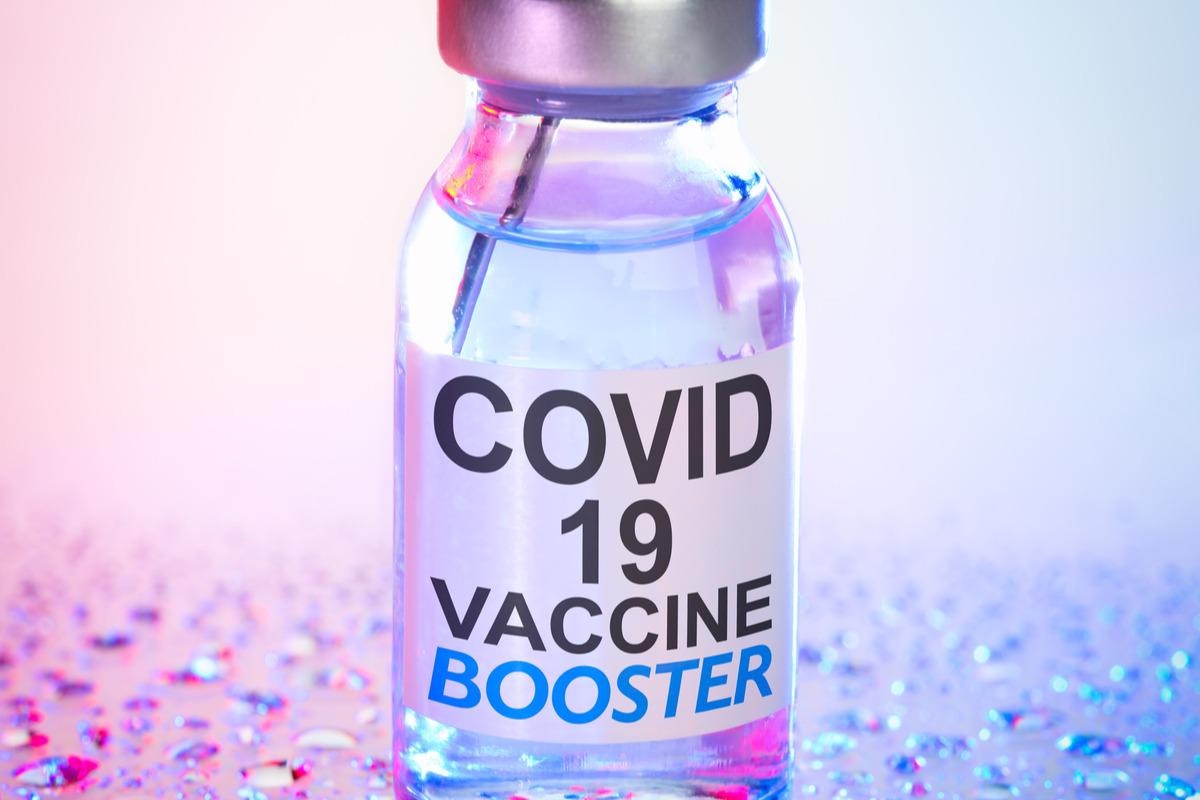A recent study posted to the medRxiv* preprint server analyzed the impact of coronavirus disease 2019 (COVID-19) booster vaccines against the severe acute respiratory syndrome coronavirus 2 (SARS-CoV-2) Omicron variant of concern (VOC) in a vaccinated population.
 Study: Booster protection against Omicron infection in a highly vaccinated cohort. Image Credit: Leigh Prather/Shutterstock
Study: Booster protection against Omicron infection in a highly vaccinated cohort. Image Credit: Leigh Prather/Shutterstock

 *Important notice: medRxiv publishes preliminary scientific reports that are not peer-reviewed and, therefore, should not be regarded as conclusive, guide clinical practice/health-related behavior, or treated as established information.
*Important notice: medRxiv publishes preliminary scientific reports that are not peer-reviewed and, therefore, should not be regarded as conclusive, guide clinical practice/health-related behavior, or treated as established information.
COVID-19 vaccines have played a crucial role in preventing infections and mitigating the risk of hospitalization and death. However, various studies have reported waning of vaccine effectiveness resulting in breakthrough infections. Thus, there is a need for extensive research on the introduction of booster vaccines and their efficacy against the newly emerging SARS-CoV-2 VOCs.
About the study
The present study assessed the vaccine effectiveness of booster doses against the SARS-CoV-2 Omicron VOC in a highly vaccinated cohort.
The team collected demographic data from the National Basketball Association (NBA) and tested fully vaccinated individuals, including the staff and players, who had tested positive for the SARS-CoV-2 infection between 1 December 2021 and 5 January 2022. Individuals were tested when they reported a COVID-19 symptom after known exposure to an infected patient and/or through contact tracing.
Individuals who had received the booster dose were compared to fully vaccinated individuals eligible to receive a booster dose. These are individuals vaccinated with the Janssen and the latest mRNA vaccine dose two months and five months prior to the study, respectively. The team also performed a secondary analysis involving individuals who had recovered from COVID-19 but were not eligible for the booster dose between 1 November and 30 November 2021.
The study excluded participants who had not completed the full vaccination schedule or received the booster vaccine 14 days before or during the study.
Results
The results showed that 1,613 fully vaccinated individuals participated in the study, among which 88% of the participants were males, and the median age was 34.5 years. The study also involved 1,260 boosted individuals and 162 fully vaccinated individuals and eligible to receive a booster dose.
Compared to boosted individuals, fully vaccinated participants eligible for the booster dose were 2.6 times more susceptible to COVID-19 infections. The secondary analysis showed that non-boosted individuals were also at a greater risk of COVID-19 infection than boosted participants. Also, approximately 93% of the participants were confirmed by genomic sequencing to be infected with the SARS-CoV-2 Omicron VOC. No COVID-19-related hospitalizations and deaths were found in this study.
Conclusion
The findings showed that the booster vaccine dose could efficiently protect against SARS-CoV-2 infection and severity of disease, as well as related hospitalizations and mortality.
Overall, the study highlights the vaccine effectiveness of the booster dose against SARS-CoV-2 variants, especially the Omicron VOC. The researchers believed that the public knowledge of similar study findings is crucial to motivate the general public to receive COVID-19 vaccines and booster doses.

 *Important notice: medRxiv publishes preliminary scientific reports that are not peer-reviewed and, therefore, should not be regarded as conclusive, guide clinical practice/health-related behavior, or treated as established information.
*Important notice: medRxiv publishes preliminary scientific reports that are not peer-reviewed and, therefore, should not be regarded as conclusive, guide clinical practice/health-related behavior, or treated as established information.